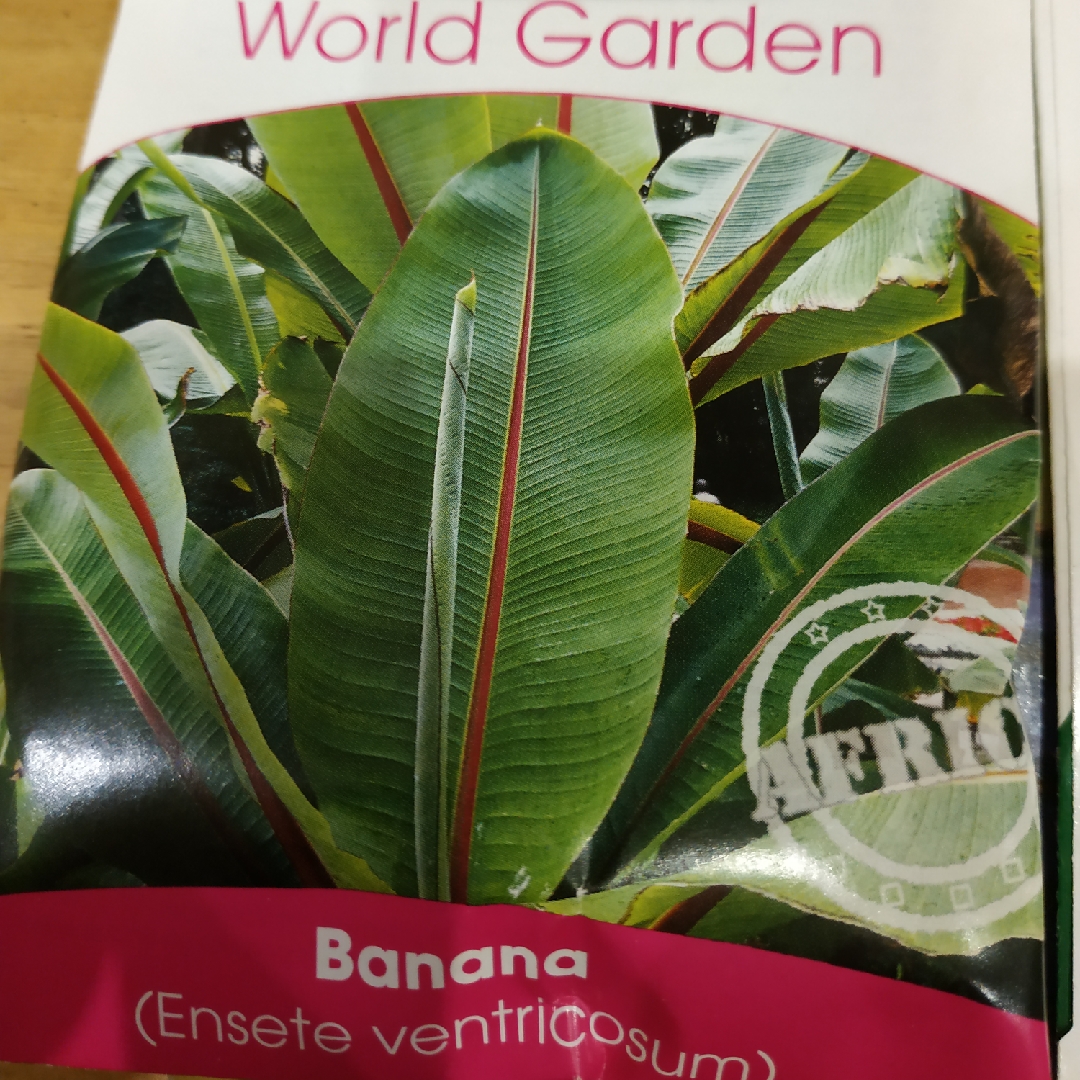
Ensete ventricosum syn. Musa ensete
Ethiopian Banana
Ensete produce large banana-like leaf blades and can grow up to 5m tall by 1m wide, with leaves which have a salmon-pink midrib. The flowers only occur once from the centre of the plant at the end of that plant's life. The fruits are inedible and have hard, black, rounded seeds. After flowering, the plant dies.
Contributed by @kimmy01
-
Full sun
-
Frequent watering
-
Not Frost hardy
-
Rich and free draining
Common name
Ethiopian Banana
Latin name
Ensete ventricosum syn. Musa ensete
type
Tender plant
family
Musaceae
ph
6.0 - 7.5 Acid - Neutral
Plant & bloom calendar
-
Best time to plant
full grown dimensions
 1.00 M
5.00 M
1.00 M
5.00 M
Ensete ventricosum syn. Musa ensete
Ensete produce large banana-like leaf blades and can grow up to 5m tall by 1m wide, with leaves which have a salmon-pink midrib. The flowers only occur once from the centre of the plant at the end of that plant's life. The fruits are inedible and have hard, black, rounded seeds. After flowering, the plant dies.
Planting young plants
From Late Spring TO Late Spring
When planting young plants, choose a sheltered site, out of known frost pockets. Shelter from the wind is also essential to prevent leaves being shredded. Plant in late spring, in a well-drained soil, enriched with well rotted manure or organic compost. Once plants are established, water and feed generously to get the best foliage. Smaller banana species make ideal container plants, which can be placed outdoors for the summer and brought indoors over winter. Plant in a loam-based compost, such as John Innes No. 3 with extra grit and site them in full direct sunlight and keep well watered.













